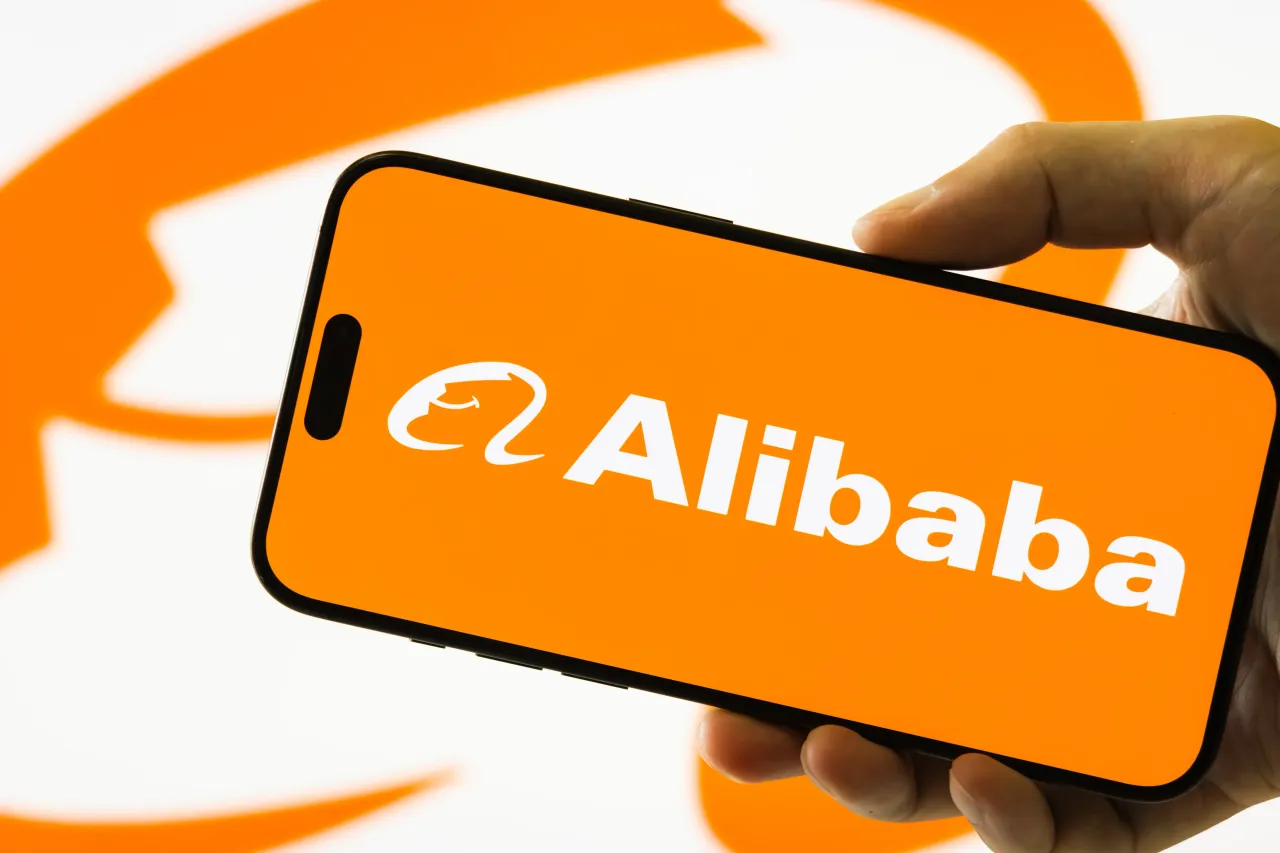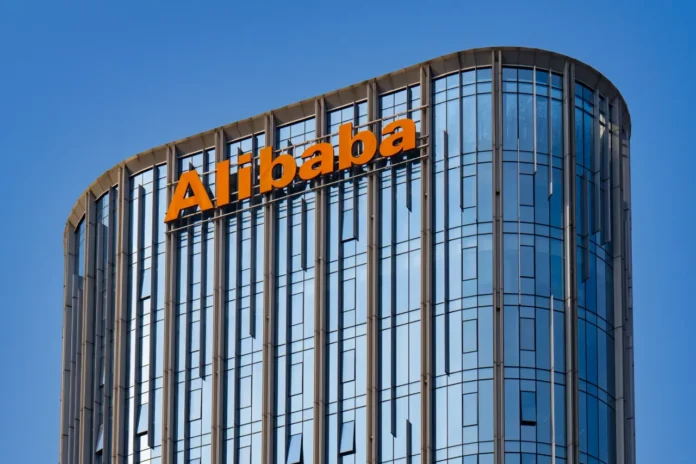Stock Price Soars on Bold AI Push
Alibaba Group Holding Ltd. shares jumped to their highest level in four years on Wednesday after the Chinese tech giant announced a major increase in artificial intelligence (AI) spending and introduced its most advanced AI model yet.
The Hong Kong-listed stock surged 9.2% to HK$174, outpacing the Hang Seng Tech Index’s 2.5% gain, following remarks from Chief Executive Officer Eddie Wu. Wu revealed that the company will invest more heavily in AI infrastructure, surpassing its earlier 380 billion yuan ($53 billion) commitment made for the next three years.
This announcement has been seen by investors as a strong signal that Alibaba is doubling down on AI as the next growth engine for its cloud and e-commerce business.
Launch of Qwen3-Max: Alibaba’s Largest AI Model

At the annual Apsara Conference in Hangzhou, Alibaba unveiled Qwen3-Max, its most powerful artificial intelligence model to date. With over one trillion parameters, the model has been designed to push the limits of AI capability.
Chief Technology Officer Zhou Jingren explained that Qwen3-Max excels at autonomous agent functions and code generation, while requiring fewer user prompts compared to existing chatbots such as ChatGPT. According to Zhou, the model can perform complex tasks with greater independence, making it highly attractive for both enterprise and consumer applications.
Independent third-party benchmarks highlighted Qwen3-Max’s performance, showing it outperforming several rivals, including Anthropic’s Claude and DeepSeek-V3.1, in multiple categories. The model also ranked among the top three globally on the LMArena leaderboard, alongside Google’s Gemini, Anthropic’s Claude, and OpenAI’s ChatGPT.
Expansion Beyond Text-Based AI: Qwen3-Omni Revealed
In addition to Qwen3-Max, Alibaba introduced Qwen3-Omni, a multimodal AI system built to handle visual, auditory, and text inputs simultaneously.
This technology is targeted toward emerging industries, particularly virtual reality (VR) environments, autonomous driving systems, and smart vehicle cockpits. The unveiling reflects Alibaba’s strategy of moving beyond traditional AI chatbots and tapping into sectors such as immersive technology and intelligent mobility, which are expected to drive future demand.
Alibaba’s Global Data Center Expansion
CEO Eddie Wu also announced an ambitious international rollout of new data centers to support the company’s AI ambitions. Over the next 12 months, Alibaba will open its first facilities in Brazil, France, and the Netherlands, followed by additional sites in Mexico, Japan, South Korea, Malaysia, and Dubai.
Once completed, Alibaba’s infrastructure will span 29 regions worldwide, reinforcing its vision of becoming “the world’s leading full-stack AI service provider.”
This expansion comes at a crucial time, as global competition in cloud and AI intensifies. By building data centers closer to international customers, Alibaba aims to strengthen its foothold in emerging markets while competing with U.S. giants such as Amazon Web Services (AWS) and Microsoft Azure.
Navigating U.S.-China Tech Tensions
Alibaba’s bold AI and infrastructure announcements arrive amid rising U.S.-China trade tensions and increasing restrictions on Chinese access to advanced technology.
Just last week, reports surfaced that China’s internet regulator had banned leading tech firms, including Alibaba and ByteDance, from purchasing Nvidia’s AI chips, including the RTX Pro 6000D tailored specifically for the Chinese market.
Despite these challenges, Wu remained optimistic, noting that global AI investment is projected to hit $4 trillion within the next five years. He emphasized that Alibaba must continue to expand globally in order to remain competitive and deliver world-class AI services.
Investor Optimism and Market Outlook
The market reaction suggests strong investor confidence in Alibaba’s renewed AI strategy. Analysts believe the company’s decision to significantly boost AI spending could help it close the gap with U.S. rivals, particularly as enterprises worldwide seek AI-powered solutions across industries.
By unveiling cutting-edge models like Qwen3-Max and investing aggressively in global infrastructure, Alibaba is positioning itself as a leading contender in the next phase of the AI race.
While regulatory hurdles and geopolitical tensions remain obstacles, the company’s forward-looking approach has reinvigorated optimism around its long-term growth potential.
Conclusion
Alibaba’s stock rally highlights growing investor belief in the company’s AI-first future. With the debut of Qwen3-Max and Qwen3-Omni, as well as a global data center rollout, the company is aiming to cement its place among the world’s top AI innovators.
Despite facing restrictions on advanced chip imports and international scrutiny, Alibaba’s decision to ramp up AI spending beyond its $53 billion pledge signals a bold commitment to shaping the future of artificial intelligence.


